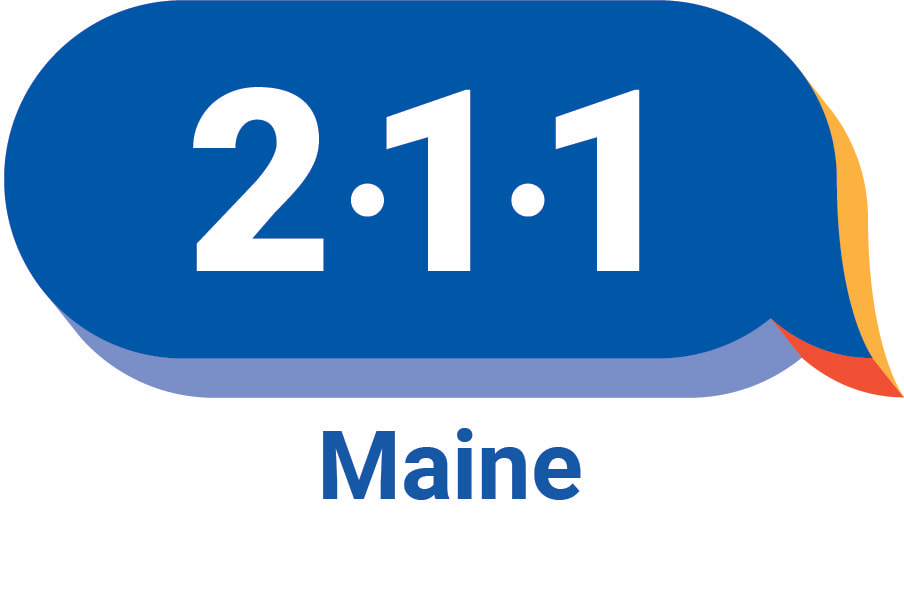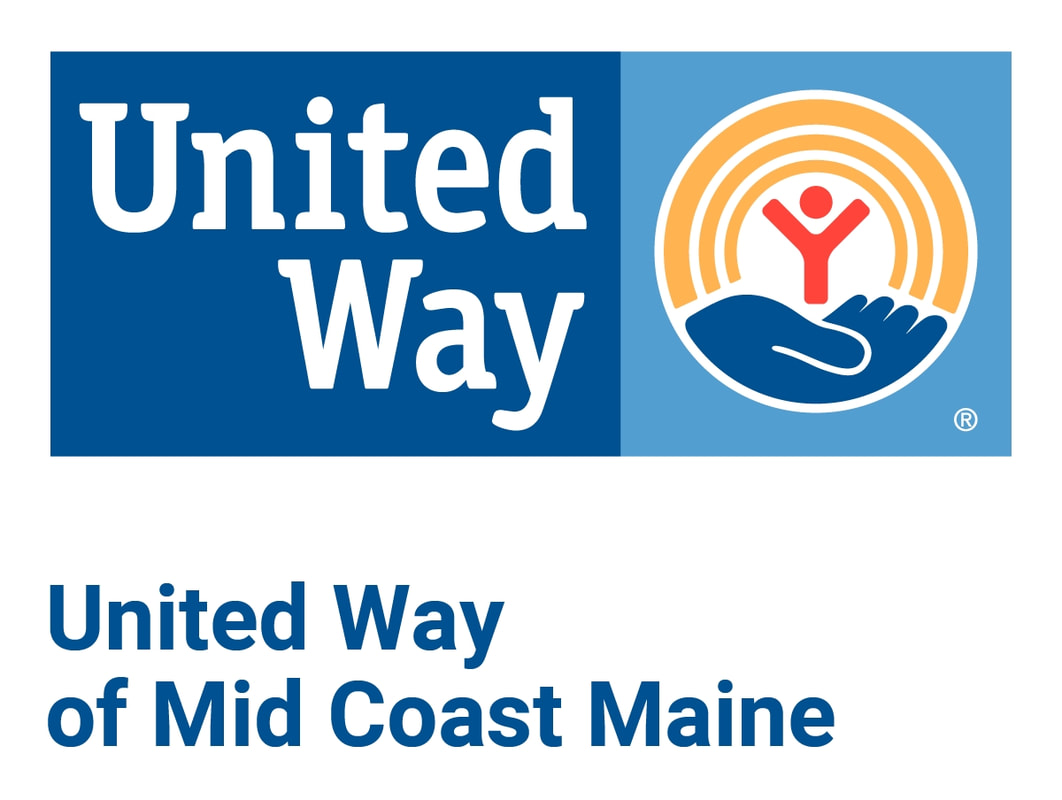What is a Donor Advised Fund?
A Donor Advised Fund, or DAF, is a giving vehicle established at a public charity. It allows donors to make a charitable contribution, receive an immediate tax deduction and then recommend grants from the fund over time. Donors can contribute to the fund as frequently as they like, and then recommend grants to their favorite charities whenever makes sense for them.
How does is work?
A donor-advised fund is a little like a personal charitable savings account. A donor creates an account and makes a contribution of cash, stock, or other assets like real estate or artwork and can take an immediate tax deduction for the gift.
The accounts are controlled by a nonprofit, called a sponsoring organization, that invests the assets and manages the donor’s account. Community foundations often serve as sponsoring organizations and so do nonprofit arms of financial-services firms, such as Vanguard Charitable and Schwab Charitable. Once a fund is established, donors tell the sponsoring organization which nonprofits they’d like to donate to from their accounts.
The accounts are controlled by a nonprofit, called a sponsoring organization, that invests the assets and manages the donor’s account. Community foundations often serve as sponsoring organizations and so do nonprofit arms of financial-services firms, such as Vanguard Charitable and Schwab Charitable. Once a fund is established, donors tell the sponsoring organization which nonprofits they’d like to donate to from their accounts.
How do I give through Donor Advised Funds?
- You make an irrevocable contribution of personal assets, including cash, stock, real estate and more.
- You immediately receive the maximum tax deduction that the IRS allows.
- You name your donor-advised fund account, advisors, and any successors or charitable beneficiaries.
- Your contribution is placed into a donor-advised fund account where it can be invested and grow tax-free.
- At any time afterward, you can recommend grants from your account to qualified charities.


